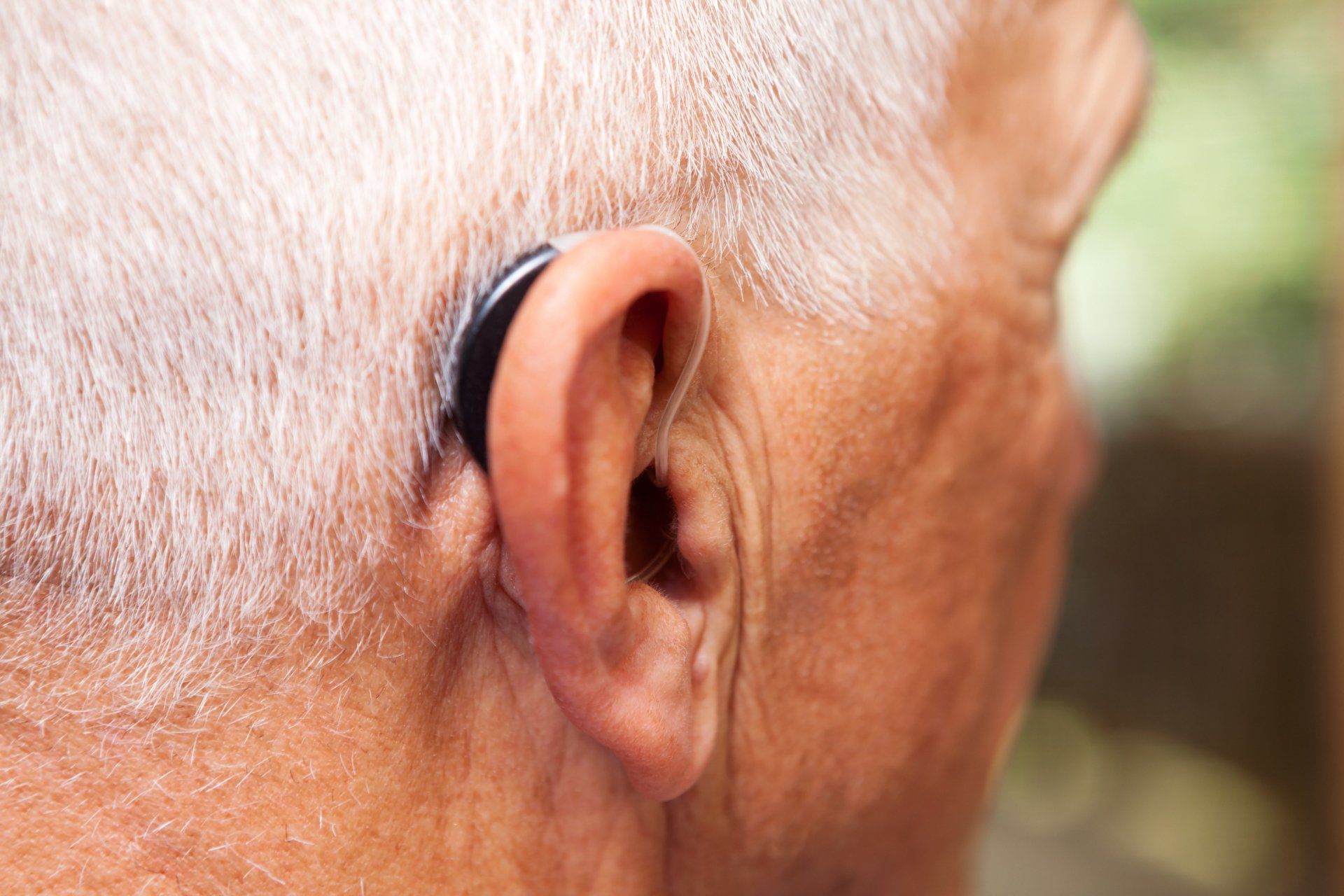Tinnitus Care
Manage your reaction to ringing in the ears with talk therapy options and hearing aid technology.
Tinnitus and Hyperacusis Services
The Audiology Clinic of Northern Alberta is the leader in emerging therapies for tinnitus, hyperacusis and misophonia. Using in-depth interviews, our audiologists determine the best strategies, therapies, or devices to manage the impacts that you experience on your quality of life. Tinnitus is a hearing condition that is often described as a constant ringing in the ears. Hyperacusis is an abnormal sensitivity to sounds, and misophonia is a sensitivity to certain sounds. These conditions are experienced in vastly different ways, and the treatment options are customized accordingly. Contact us for more information on our tinnitus care services.
Comprehensive Assessments
The foundation for our care is comprehensive testing. If you experience tinnitus or hyperacusis, the goal of our hearing tests is to determine the causes and nature of your challenges.
Hearing Aids
Hearing loss is often associated with tinnitus, but that is not always the case. Hearing aids can assist in amplifying sounds to offset tinnitus and cope with the presence of unwanted ringing.
Cognitive Behavioral Therapy for Tinnitus
CBT for tinnitus can assist with creating strategies to manage the unpleasant thoughts and feelings you have about your tinnitus. This is an emerging approach to better understand and manage how your mind reacts to tinnitus and hyperacusis.
Tinnitus Retraining Therapy
Tinnitus retraining therapy can assist with coping with the condition if you have normal hearing or if you have hearing loss and attempted to manage tinnitus with hearing aids. Tinnitus retraining therapy combines counselling and sound therapy to manage the impacts of tinnitus and hyperacusis over time.
We Also Help With Hearing Care
Understand, address and prevent challenges with your hearing.
I developed tinnitus very suddenly in October of 2013. After doing some extensive research online I discovered that the Audiology Clinic of Northern Alberta has audiologists that specialize in this. Testing determined that I had a high tone hearing loss, so I was provided with hearing aids (that are virtually invisible). Since wearing these I am no longer aware of the incessant ringing in my ears. My quality of life has improved immensely.
Janice, Edmonton
Tinnitus Care Resources


Start with a Hearing Test
Book an appointment for a hearing test and explore your options.
